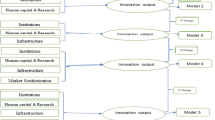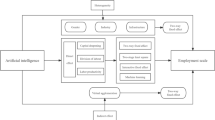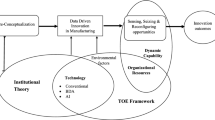Abstract
Using cross-sectional firm-level data, this paper examines the determinants of productivity among manufacturing firms in Tanzania. In particular, it seeks to evaluate the relative importance of technological advances and the business environment in which firms operate in affecting productivity. Of the technological variables, R&D as well as product and process innovation, licensing of technology, and training of employees fail to have any impact; only foreign ownership, ISO certification and higher education of the management appear to affect productivity. Some important influences from the broader business environment, however, appear to affect productivity and are robust to different specifications of the model. Credit constraints, administrative regulatory burdens and a lack of business support services depress productivity; membership of a business association is associated with higher productivity.
Cet article examine à l'aide de données en coupe transversale les facteurs qui déterminent la productivité dans les firmes manufacturières en Tanzanie. Plus précisément, nous comparons l'importance relative des avancées technologiques et du contexte institutionnel comme facteurs explicatifs de la productivité. Parmi les variables technologiques, la recherche-développement, les innovations de produits et de procédés, les licences de technologie et la formation des employés n'ont aucun impact. En revanche, la propriété étrangère, la certification ISOet la formation avancée des dirigeants d'entreprise semblent influencer la productivité. Certains facteurs institutionnels, quant à eux, ont une influence sur la productivité qui se manifeste de façon systématique dans plusieurs modèles. Les contraintes de crédit, la lourdeur administrative de la réglementation et un manque de services de support aux entreprises sont associés à une faible productivité, alors que l'appartenance à des associations de commerce caractérise les firmes à forte productivité.
Similar content being viewed by others
Author information
Authors and Affiliations
Corresponding author
Rights and permissions
About this article
Cite this article
Goedhuys, M., Janz, N. & Mohnen, P. What drives productivity in Tanzanian manufacturing firms: technology or business environment?. Eur J Dev Res 20, 199–218 (2008). https://doi.org/10.1080/09578810802060785
Published:
Issue Date:
DOI: https://doi.org/10.1080/09578810802060785




